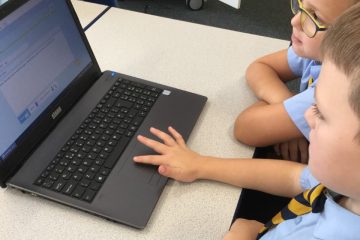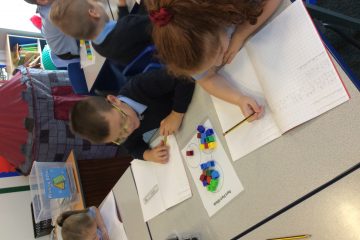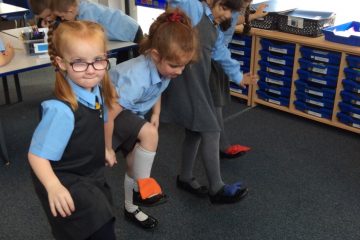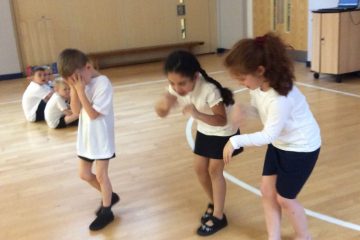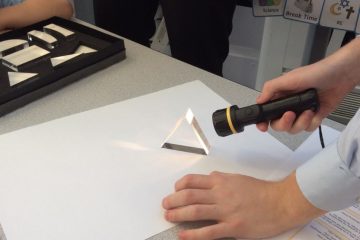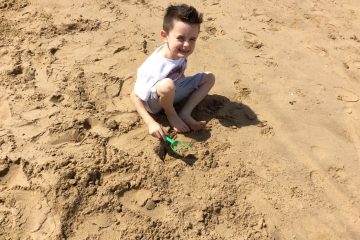Class 14
Online Safety!
One of our topics for computing this half term has been online safety. We have been looking at what an email is, how we send an email and why people use them. We practised writing emails to Barnaby Bear on Purple Mash and talked about how once we send a Read more…
